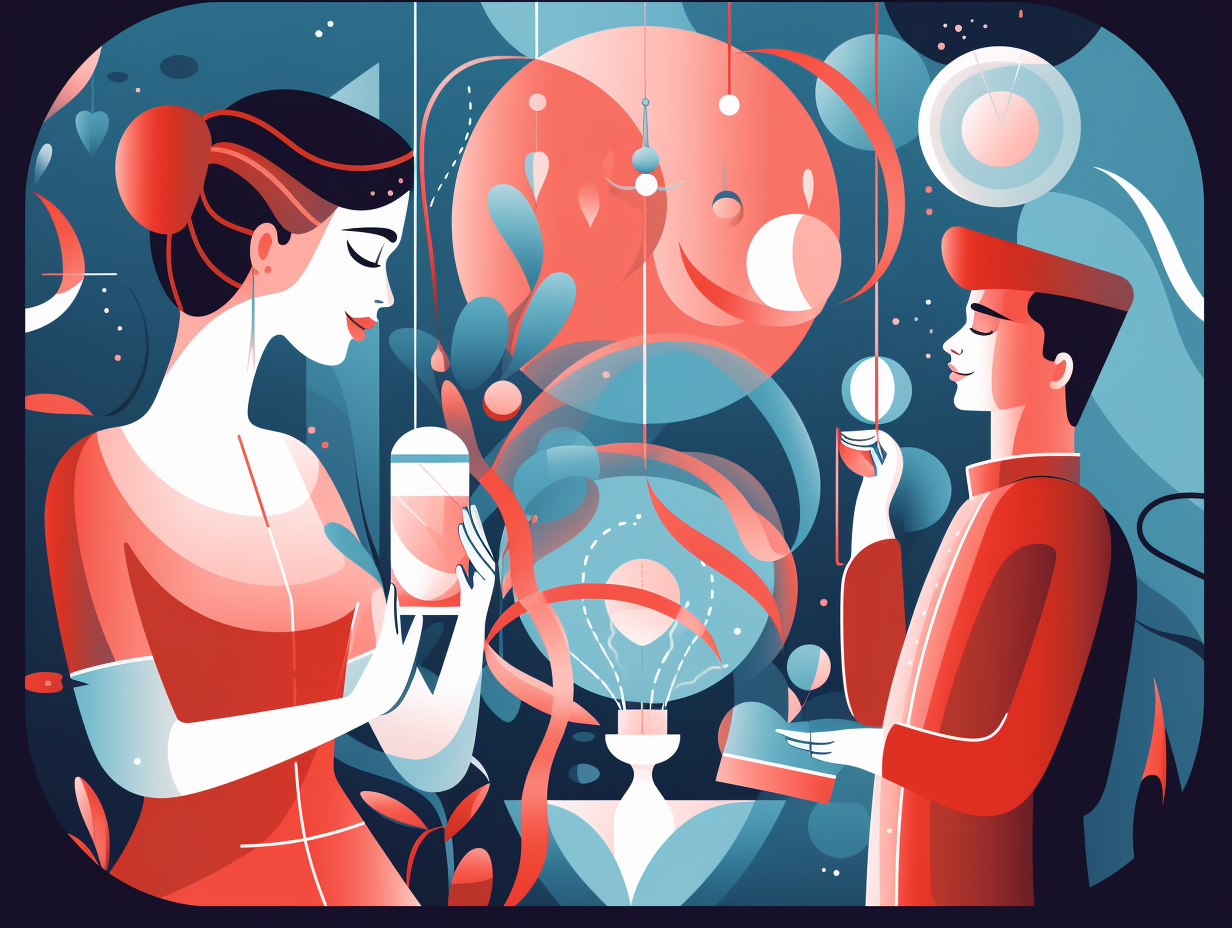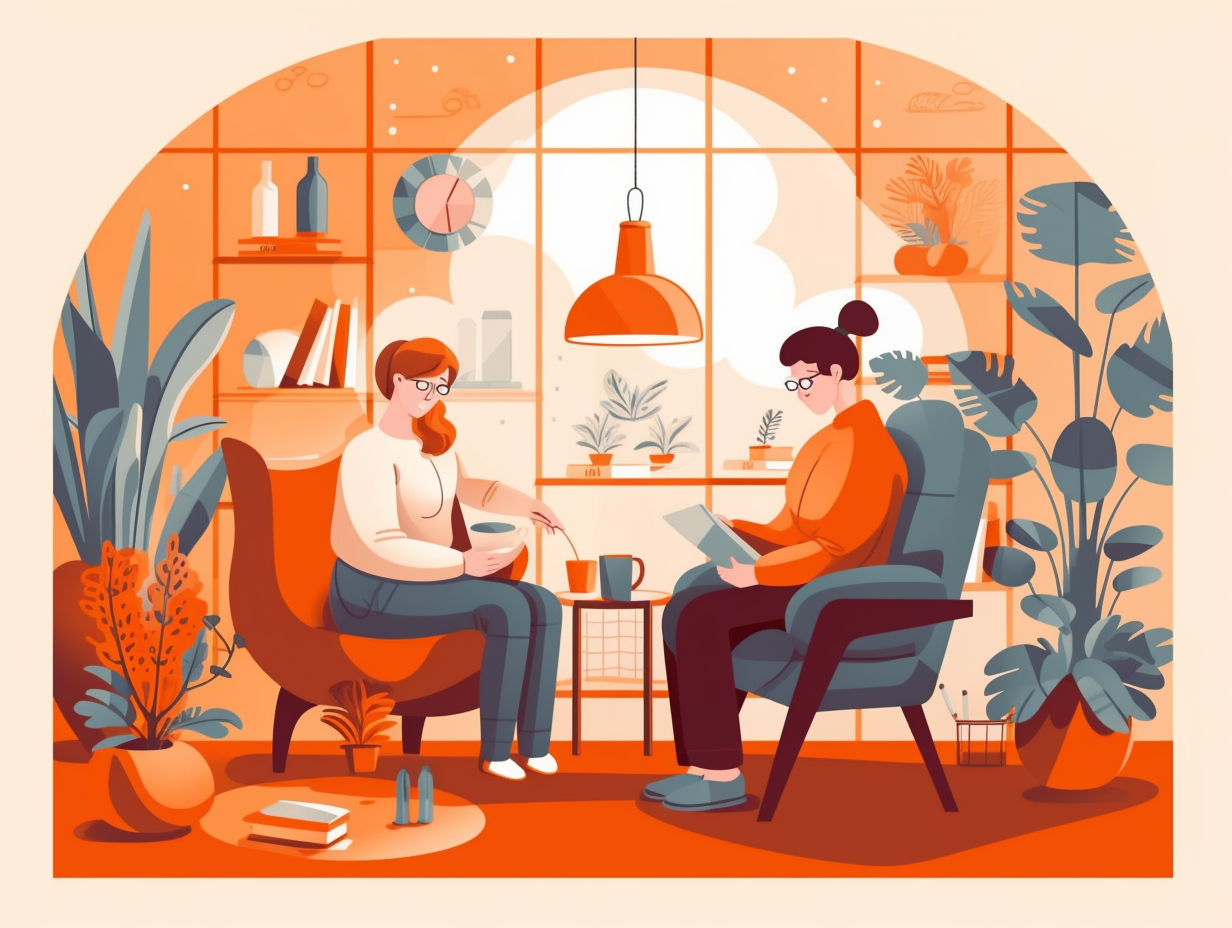Discover Clean Delights: Top 12 Fun Facts About Hygiene You Never Knew!

1. Funky Foot Fixers
Don't let your feet be the "sole" reason for clearing a room; turn those smelly stompers into a fresh paradise: Coconut oil and cedarwood essential oil provide lauric acid and natural anti-fungal properties to kill off bacteria and fungi, leaving your foot odor a distant memory.
Source => wholelifestylenutrition.com
2. Sweat's Antibiotic Superpowers
You may have seen workout fanatics brag about their "sweat equity," but did you know that your body is quite literally building its own antibacterial empire one bead of perspiration at a time? Oh, the irony: it turns out, sweat isn't just your body's personal AC – it's a microscopic army led by the dermcidin peptide, which busts open nasty bacterial membranes and stops them from extracting energy like a natural antibiotic superhero. So next time you're all hot and bothered, remember that you're not just cooling down, you're laying the smackdown on germs! I present to you, the smelly wonder: our sweat contains antimicrobial peptides like the dermcidin peptide, which act as natural antibiotics and safeguards our skin against harmful bacteria, viruses, and fungi.
Source => kit.edu

Did you know that singing Beyoncé's "Love on Top" chorus can help you achieve the perfect 20-second hand-washing routine? Time to spice up your hand hygiene with some karaoke-style fun! 🎤🧼
=> Fun Facts about Hand-Washing
3. Five-Second Rule Flop
Feeling groovy with the five-second rule? Well, hold your horses, dear scoop-troopers, as this adventure allows about as much bacteria as a petri dish disco party: Despite popular opinion, the five-second rule doesn't protect you from bacterial contamination, as science states that microbes hitch a ride on your food nearly the instant it touches the ground - no matter the surface or the tasty morsel. Time to bid adieu to this flimsy food safety notion!
Source => sciencefriday.com
4. Organic Toilet Paper Alternatives
As the saying goes, cleanliness is next to godliness, but our ancestors had some rather "organic" methods for keeping their derriere divine: Before toilet paper was invented, people used intriguing alternatives such as grass, leaves, hay, moss, snow, sand, stone, seashells, rags, wool, lace, and hemp, while ancient Romans opted for a sponge on a stick! The first recorded use of toilet paper was in China around the 6th century AD, as mentioned by scholar-official Yan Zhitui, though it remained a luxury reserved for the emperor until its mid-20th-century mass availability on rolls.
Source => plumbworld.co.uk

5. Mosquitoes' Stinky Love Affair
Sorry perfume enthusiasts, your Eau de No-Shower isn't exactly a sweet scent for swooning mosquitoes: These little bloodsuckers are actually attracted to the carboxylic acids, such as butyric acid, produced by bacteria on our skin, which also happens to be present in "stinky" foods like Limburger cheese.
Source => kcra.com
6. Chatting with Microbial Mobsters
Next time you chat with your BFFs, beware: your phone may be harboring sinister stowaways on its sleek surface! Much like a shady underworld boss, our dear chatty devices recruit and shelter gangs of bacteria ready to wreak havoc on our health: The University of Arizona found cellphones can carry harmful little ruffians like MRSA, E-Coli, and Strep, which is why it's recommended to give your phone a thorough scrubbing using a 60% water and 40% rubbing alcohol mixture every few months. If you're unwell or mingling with germs at work, make sure to clean your phone every other day to avoid playing host to these microbial mobsters.
Source => wmar2news.com
7. Belly Button Bacteria Tales
If belly buttons could talk, they'd be a diverse group of cultured storytellers: Human navel habitats are so rich in bacterial species that some unique bacteria have been found in individuals who haven't showered or used soap for years, expanding our understanding of how hygiene habits affect our skin's microbiome.
Source => miragenews.com
8. Beardless Bacteria Bonanza
Roses are red, violets are blue, you think beards are germy, but it might not be true: A 2014 study revealed that bacterial colonization was comparable in bearded and clean-shaven populations, with those devoid of facial fluff actually hosting a slightly higher prevalence of staphylococcus aureus. Still, keeping your face mane majestic requires washing it 2-3 times a week with shampoo, brushing it regularly, and never forgetting your hand hygiene.
Source => insider.com
9. Lid-Flipping Toilet Wisdom
Ready for some toilet talk that'll make you flip your lid? Brace yourself for a clean, well-contained splash of wisdom: Closing the toilet lid before you flush can reduce airborne particles containing bacteria like E. coli by 30-60%, according to University College Cork research – so put a lid on it and help keep your throne germ-free!
Source => microbiologysociety.org

10. Plant-Purified Air Exaggerated
Don't go leafing through your houseplants for fresh air just yet, my chloroFILLed friends: While certain plants like peace lilies and florist's chrysanthemums can mildly reduce indoor air pollutants, studies show that the average home's foliage does a minimal job in purifying indoor air, unless you get all "Jungle Book" and install a green wall. But hey, at least they're great for mental health and as a be-leaf-proof way to render your roaming pet t(w)oxic!
Source => livescience.com
11. Keep Your Shoes On, Folks!
Forget the aphorism "take a load off your feet": Keeping your shoes on at home won't make your floors any more bacteria-infested than they already are, and some of the microbes may actually be good for your health!
Source => vice.com
12. Ancient Lavatorial Class Divide
How the other half flushed: long before Game of Thrones had citizens pining for an Iron Throne, Ancient Romans were already making strides in the lavatorial business with public loos only lower-class citizens and slaves could "enjoy." But hold on to your togas: these ancient johns were far from our modern porcelain sanctuaries, as they were often unsanitary and less-than-inclusive of the ladies, while the upper crust continued to enjoy the relative comfort of latrines and chamber pots.
Source => smithsonianmag.com
Related Fun Facts




















